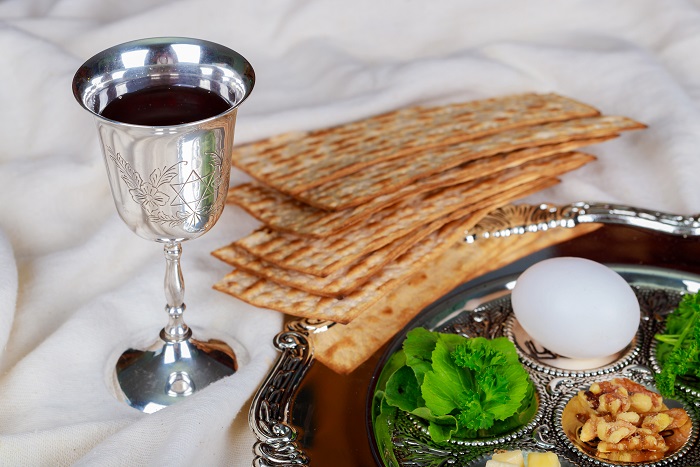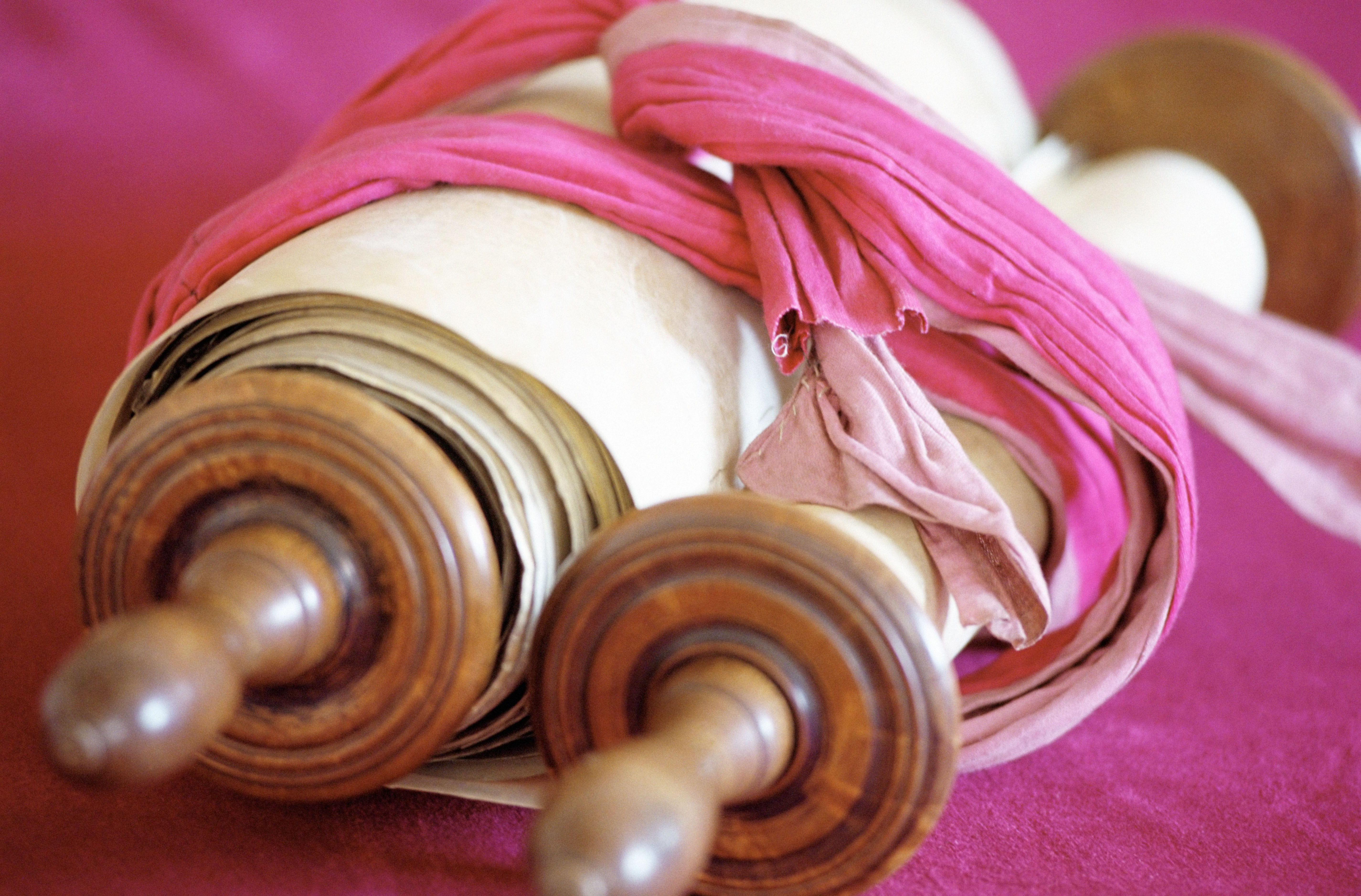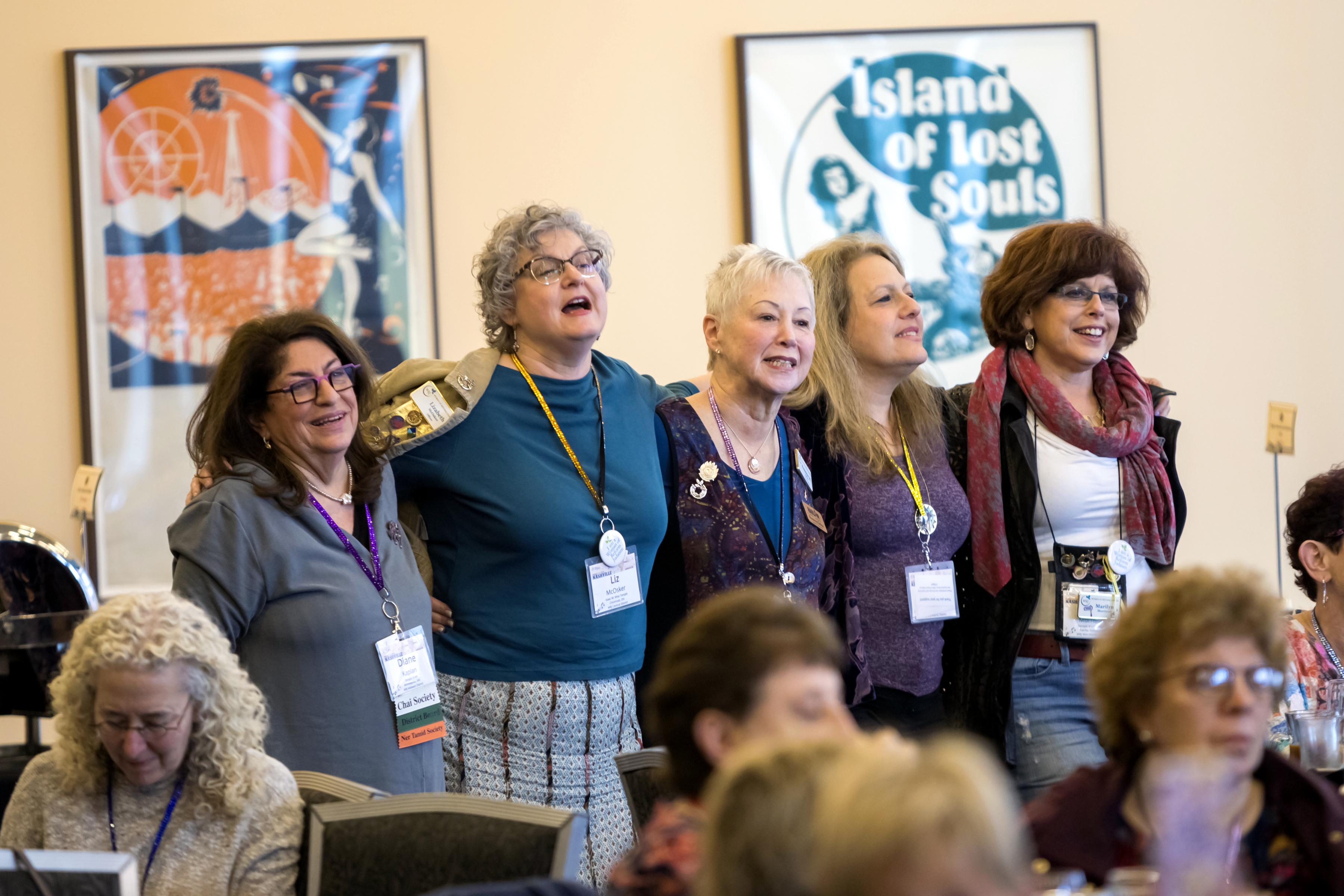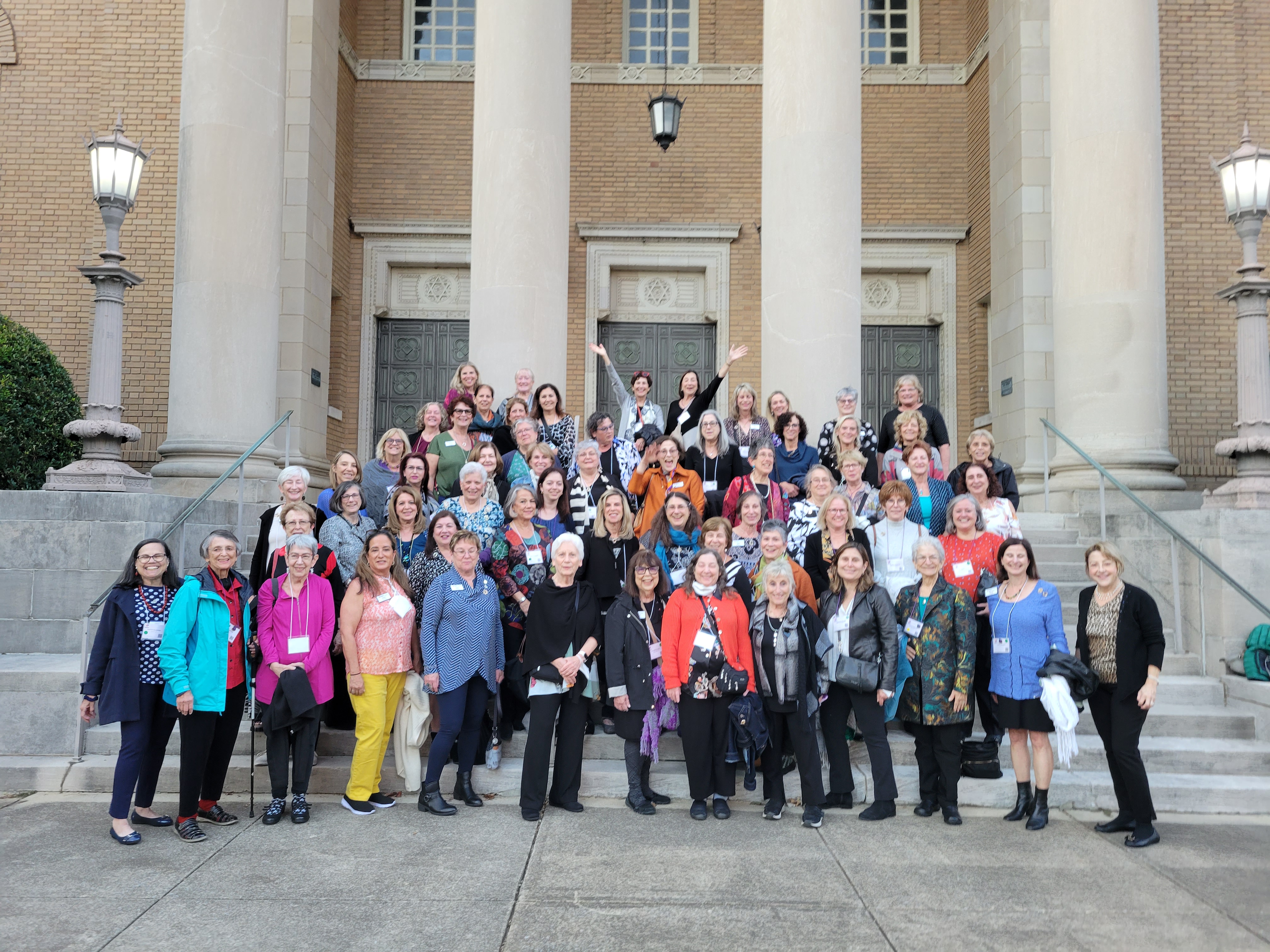Parashat B'midbar
This parashah reminds us that each of us holds a Tabernacle inside us. Our interoceptive thoughts protect this holy vessel, like the Levites, keeping our most precious feelings safe and available to us when needed. Our exteroceptive thoughts, like the vast tribes of Israel, keep us rooted in our world, striving for a better future. We are not always organized or aware as we toil each day, so reminders to take a census of ourselves and reflect on our strengths, challenges, and opportunities are vital.









